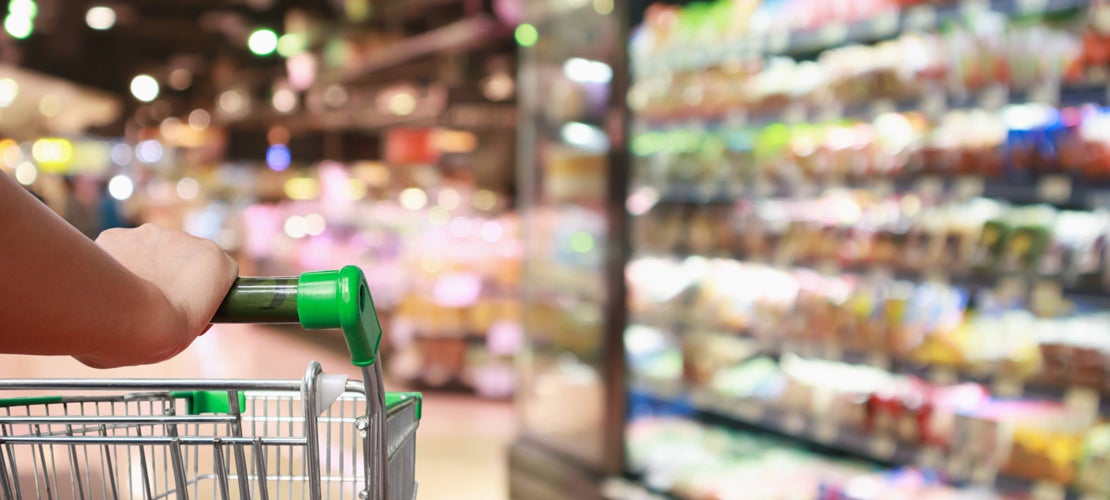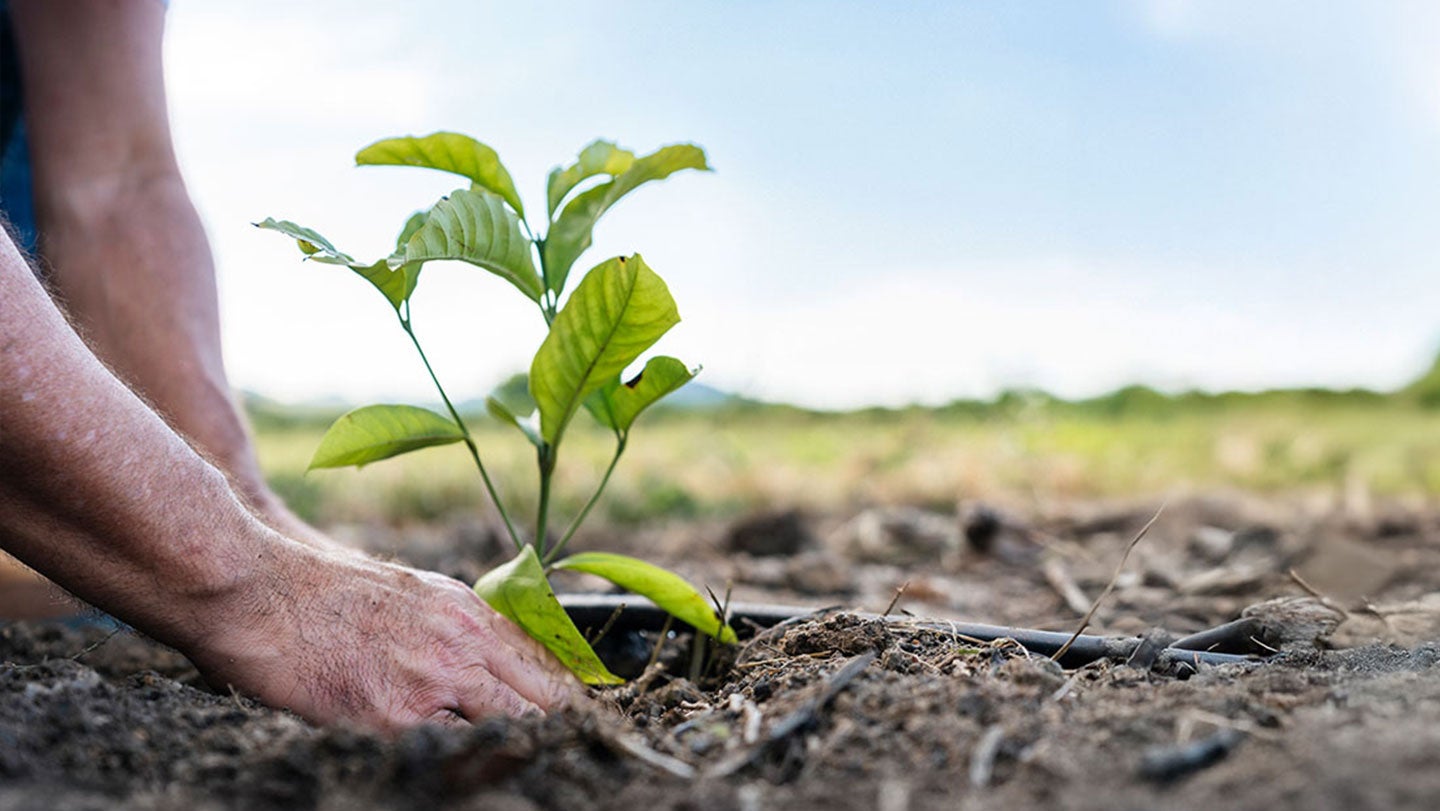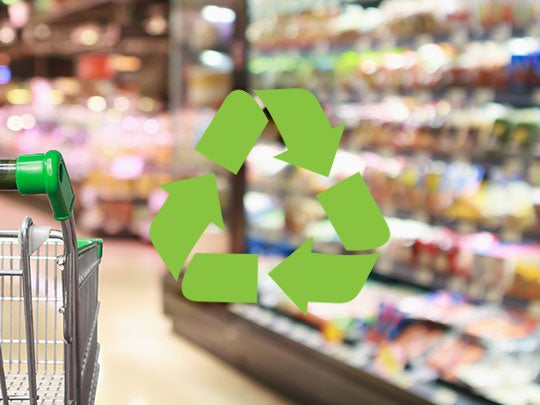
UK Packaging Legislation: Nestlé Expert Insights for Hospitality
In the ever-evolving world of the hospitality and foodservice industry, understanding packaging requirements and legislation is critical to long-term success. As regulations tighten, hospitality and foodservice businesses must navigate them effectively.
Nestle’s Senior Packaging Sustainability expert James Marsh shares his expertise on the complex packaging landscape, and how to make sure your business stays ahead of the curve.
Q. What packaging commitments are businesses responsible for?
JM: Businesses are responsible for understanding and complying with packaging legislation.
There are four key areas of legislation:
1. The Plastic Packaging Tax
2. Extended Producer Responsibility (EPR)
3. Simpler Recycling
4. The Deposit Return Scheme.
Q. Can you give us a brief overview of each legislation?
#1 The Plastic Packaging Tax:
The Plastic Packaging Tax was implemented in April 2022 and imposes a tax of £223.69 per ton on plastic with less than 30% recycled content. This tax aims to reduce the use of virgin plastic and encourage manufacturers to incorporate more recycled materials into their packaging.
#2 Extended Producer Responsibility (EPR)
Extended Producer Responsibility (EPR) became law on January 1, 2023, and marked a sea change in how packaging waste is managed in the UK. Under this law the financial responsibility for the recovery of packaging waste moved from local authorities to the producers. This means producers are now required to cover the full net costs associated with any collecting, sorting and recycling of packaging they place on the market.
#3 Simpler Recycling
Simpler Recycling legislation impacts both businesses and households. It aims to simplify what can be collected and recycled by implementing a four-bin system: one for paper and card, one for residual waste, a dry mixed recycling bin (for glass, metal, plastics) and a food waste bin. For businesses this came into effect on March 31, 2025 and for households it will come in on March 31, 2026. Also from March 31 2026, food waste collection will be compulsory for all households and from March 31st 2027, flexible plastic collections will be in place.
#4 The Deposit Return Scheme
The Deposit Return Scheme is set to be legislated by October 1, 2027, following which consumers will be required to pay a deposit for any 150ml to 300ml containers made from PET plastic, aluminium or steel. Consumers will receive their deposit back when they return the containers to a reverse vending machine or collection point.

Q. Of the four legislations, EPR is having the biggest impact on businesses today. Under this scheme, how is packaging assessed and costs calculated?
JM: Businesses that meet the relevant requirements are required to assess their own packaging and rate it as green, amber, or red. A green rating indicates the packaging is widely recyclable in the UK and will incur a lower fee. An amber rating suggests recyclability but with some challenges and will incur a base fee. A red rating means the packaging is non-recyclable and will incur an additional 20% fee on top of the base fee, which will increase annually.
Q. How can companies get started with EPR?
JM: To get started with EPR companies should visit the UK government’s EPR website which provides extensive information on how to comply. There are also compliance schemes which can support organisations with data management, reporting, and the submission process, although these services will likely incur costs.
Q. How has Nestlé been looking at EPR?
JM: At Nestlé we’re very supportive of the EPR system. We’re in the process of reviewing our packaging portfolio to make sure we're both compliant and constantly looking for ways to improve the recyclability of our packaging materials. We've also been collaborating with many of our customers to make sure we’re compliant with packaging regulations, although it’s important to note that we’re responsible for reporting on any packaging we put into the market – not our customers.
Q. How can companies improve the recyclability of their packaging?
JM: When it comes to improving their packaging, companies can think about "designing for recycling." This is about creating packaging that's compatible with local recycling systems and can be effectively recycled. I would recommend companies spend time evaluating their packaging materials and design processes to facilitate recycling. For example, at Nestlé we’re working to redesign flexible plastic packaging to ensure it can be collected and recycled at scale, and we’re aiming to move any materials currently in the red category towards the amber or green categories.
Q. What does the future hold for EPR?
JM: I anticipate the EPR system will evolve over time, with fees likely to increase for non-recyclable materials. That’s why it’s important to start reviewing and evolving your packaging portfolio now. Over the last few years EPR has focused a lot on data collection, while future changes could implement variable fees based on the recyclability of specific materials.
Any final reflections?
JM: As I reflect on the future landscape of UK packaging legislation, particularly the Extended Producer Responsibility (EPR) scheme, there are both immediate challenges and significant long-term opportunities for the hospitality and foodservice industry. With fees for non-recyclable materials set to increase and the regulatory system continuing to evolve, businesses that act now to review and adapt their packaging portfolios will not only ensure compliance but also position themselves as leaders in sustainable practices, contributing to a more circular and resilient economy.




